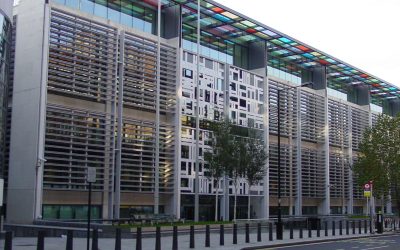Responding to the Provisional Local Government Finance Settlement, Cllr John Fuller, Chairman of the District Council Network, said:
“District councils are at the heart of growing the national economy for over two thirds of England and have consistently demanded that the powerful incentives to build homes are not diluted by further changes to the New Homes Bonus and we’re pleased the Government has listened to us on this point.
“Developing the incentive theme, the move to a system of 75% business rates retention by 2020/21, alongside the fair funding review, must allow councils the freedoms and financial flexibilities to truly incentivise business rates growth within each and every local economy and the learning from the 10 new pilots must focus on this issue.”
“Whilst simplification of the current system is necessary, simplicity should not be an end in itself, if it results in the fine texture of local districts with their special requirements being ignored. We will now consider in detail the consultation on the new distribution methodology, in order to ensure that the vital services delivered by districts continue to be properly funded and that growth is both incentivised and rewarded.
“Negative RSG would see council tax raised from local residents for local services skimmed off to be spent elsewhere. 146 of the 201 districts will be affected in 2019/20, so we welcome the acceptance that urgent clarity on negative RSG is needed. The Secretary of State must now bring forward the consultation as soon as possible.
“Whilst the additional 1% flexibility on council tax is to be welcomed, it does not go far enough, as this will not see any increased revenue for almost half of our members with low council tax rates. The DCN has long called for the extension of an additional 2 per cent prevention precept to district councils, in order to reduce pressure on social care services and enable us to tackle complex problems one family at a time, before they occur.
“By not addressing this in today’s settlement, the government has missed an opportunity to establish parity between those living in district council areas versus unitary areas where the whole council tax can be used to fund additional social care and prevention issues.
“Every £1 we spend on prevention could save £70 on treatment and prevention is always better than cure. District councils must be given the resources to intervene early, if we are to reduce pressures on the NHS and social care in our communities.
“We appreciate the opportunity to increase planning fees so the resident no longer subsidises the developer and the maintenance of the rural delivery grant that recognises the significant costs for those councils in servicing sparsely populated rural areas.
CONTACT: District Councils’ Network media office, 020 7664 3333





